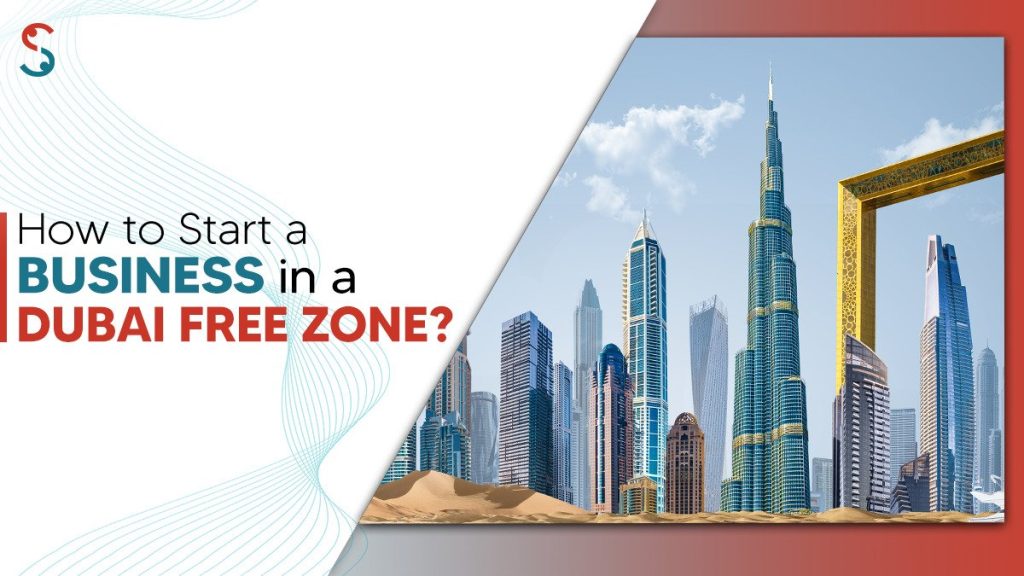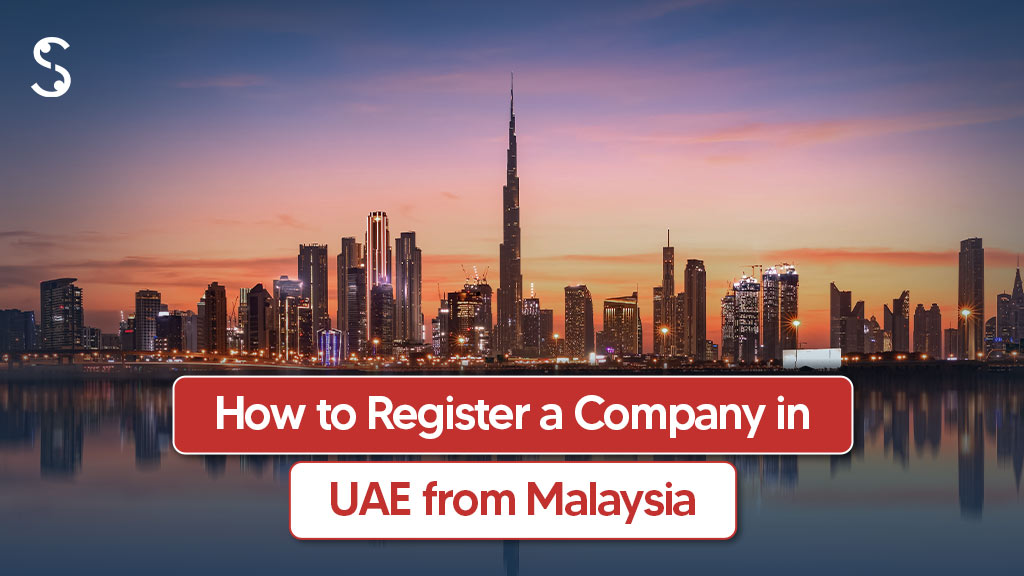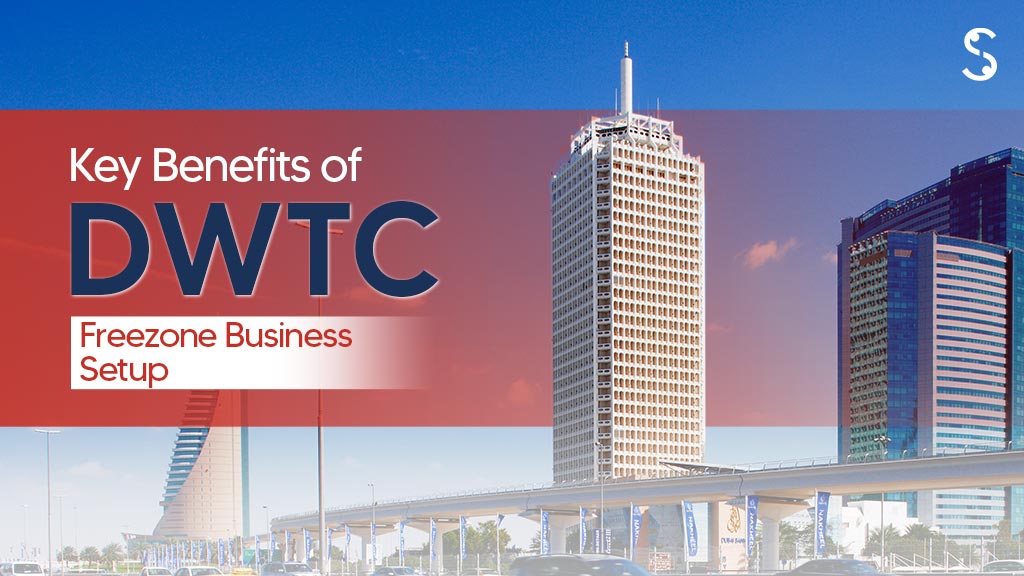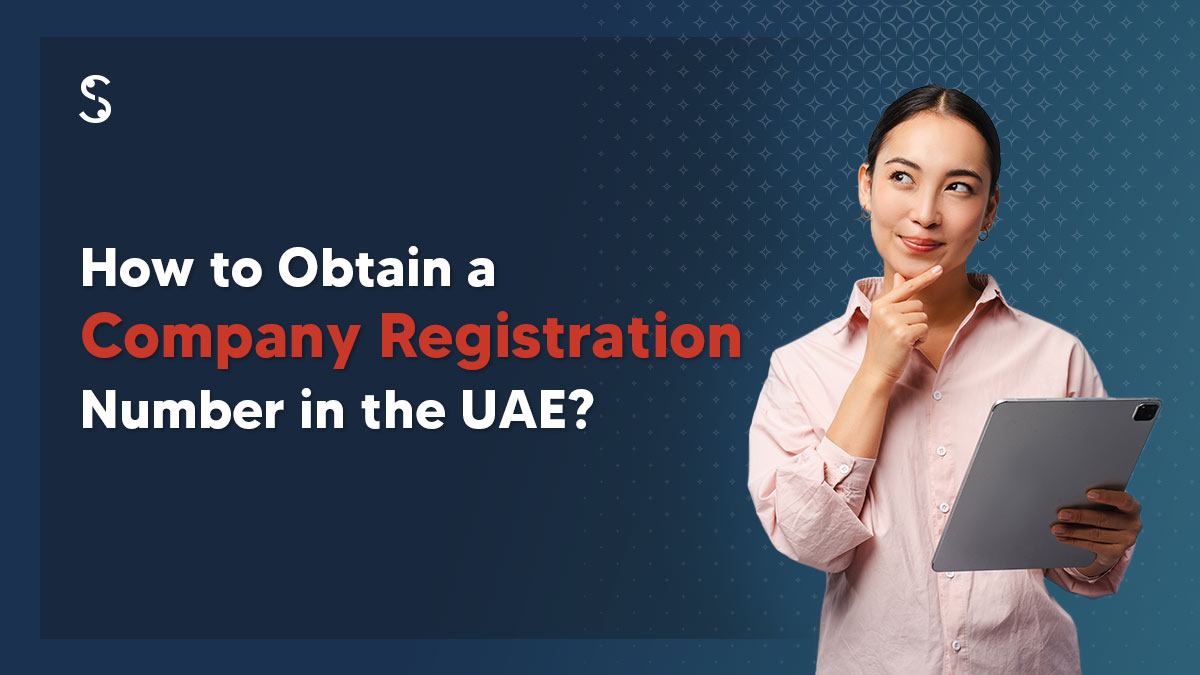Dubai has become a top choice for entrepreneurs worldwide, thanks to its strategic location, modern infrastructure, and business-friendly environment. For Indian entrepreneurs, Free Zone company formation in Dubai offers numerous advantages.
Dubai's Free Zones are special economic areas designed to attract foreign investment. They offer benefits like 100% foreign ownership, zero personal and corporate taxes, and simplified business setup procedures. These perks make Free Zones an attractive option for business owners looking to expand globally.
The business relationship between India and Dubai is strong and growing. In the first quarter of 2024, Indian investors topped the list of new non-Emirati companies joining the Dubai Chamber of Commerce. Additionally, free zones like Jebel Ali Free Zone (JAFZA) saw a 28% year-on-year increase in new Indian companies.
So, let's understand the essential steps to start a business in a Dubai Free Zone along with choosing the right Free Zone and the necessary license and documentation.
What Is a Free Zone in Dubai?
A Free Zone in Dubai is a designated business area that offers special benefits to foreign investors and entrepreneurs. These zones are designed to attract international businesses by providing a tax-friendly environment, simplified company registration, and 100% foreign ownership.
One prevalent misunderstanding is that free zones and offshore corporations are the same thing. However, this is not the case.
Free zone firms are also onshore entities that can do business in Dubai if certain requirements are met. Offshore firms, on the other hand, are formed specifically to conduct business outside of their registration jurisdiction or the location of their principal owner.
However, unlike mainland businesses, Free Zone companies operate within their respective zones and have specific rules and regulations set by the Free Zone authorities.
Popular Free Zones in Dubai, UAE
Dubai has over 45 Free Zones, each catering to different industries such as technology, finance, logistics, media, and healthcare. Some of the most popular Free Zones include:
- International Free Zone Authority (IFZA)
- Dubai International Financial Centre (DIFC)
- Jebel Ali Free Zone (JAFZA)
- Dubai Multi Commodities Centre (DMCC)
- Ajman Free Zone (AFZ)
- Ras Al Khaimah Economic Zone (RAKEZ)
- Dubai Airport Free Zone (DAFZA)
Key Features of Free Zones in Dubai
- Investors can fully own their business without needing a local partner.
- No corporate or personal income tax (some Free Zones have VAT obligations).
- Business owners can send all profits and capital back to their home country.
- Streamlined company registration with minimal paperwork.
- Exemptions on import and export taxes for goods traded within the Free Zone.
- Each Free Zone caters to specific industries, providing relevant infrastructure and services.
- Investors can choose between virtual offices, shared workspaces, or private offices.
- Free Zones provide well-developed logistics, warehousing, and customs services to support trade.
What are the Benefits of Business Setup in Dubai Free Zone?
Dubai Free Zones offer exceptional advantages for entrepreneurs looking to start a business in the UAE. Here are the key benefits of company formation in Dubai Free Zones:
1. 100% Foreign Ownership
Free Zone businesses allow full foreign ownership. This means you can control 100% of your business without the need for a UAE national as a partner.
2. 100% Repatriation of Profits & Capital
Free Zone companies can transfer profits and capital back to their home country without restrictions. This is especially beneficial for international entrepreneurs and investors.
3. Simplified Import and Export Processes
Simplified import and export processes are one of the advantages of free zone company formation in Dubai. In free zones, businesses are relieved from paying customs duties on imported and exported goods. Customs duties are taxes imposed on goods when they cross a country's borders.
4. No Currency Restrictions – Trade in Any Currency
Businesses operating in Free Zones can conduct transactions in any currency, making it easier to deal with international clients and suppliers.
5. Easy Visa Processing
Free Zone companies can easily sponsor investor, employee, and family visas. The visa quota depends on office space rented (Flexi-desk, office, or warehouse) and company size and Free Zone policies.
6. Range of Business Activities
Dubai free zones provide a diverse range of commercial activities, allowing entrepreneurs to explore a variety of sectors and businesses. Free zones accommodate diverse business activities, Whether trading, manufacturing, services, technology, media, healthcare, or consulting. This allows entrepreneurs to align their business ventures with their expertise and market opportunities.
Types of Free Zone Licenses in Dubai, UAE
When incorporating a business in a Dubai Free Zone, selecting the right license is crucial as it determines the scope of your business activities. Here are the main types of Free Zone licenses available:
1. Commercial License
One of the most common licenses is the Commercial License, which is ideal for businesses involved in trading, import/export, and general trading. It allows companies to buy, sell, and distribute goods within the Free Zone and internationally. This license is particularly beneficial for wholesale, retail, and distribution businesses.
2. Professional License
Another widely used license is the Professional License, designed for companies offering consultancy, IT services, marketing, legal services, and education. It is best suited for professionals providing advisory and creative services and is often available with virtual office options, making it a cost-effective choice for startups and freelancers.
3. Industrial License
Businesses involved in manufacturing and production must obtain an Industrial License, which covers activities such as food processing, textile production, and packaging. However, companies must comply with environmental and safety regulations specific to their industry.
4. E-Commerce License
With the rise of digital businesses, many entrepreneurs opt for an E-Commerce License, which enables them to operate online stores, dropshipping businesses, and digital marketplaces. Several Free Zones, such as Dubai CommerCity and DMCC, offer dedicated infrastructure for e-commerce businesses.
5. Freelance Permit
For independent professionals, the Freelance Permit is an excellent option, allowing individuals such as writers, designers, consultants, and photographers to legally offer their services without the need for a full-fledged company setup. This is one of the most cost-effective ways to start a business in Dubai.
Documents Required for Business setup in Dubai Free Zone
Free Zone Company Formation in Dubai is a straightforward process, but it requires specific documents to ensure compliance with the regulations of the chosen Free Zone Authority. Below is a list of essential documents needed:
- Passport copies of all shareholders and directors
- Visa copies (if applicable)
- Emirates ID copy (for UAE residents)
- Recent passport-size photographs
- Application form from the respective Free Zone Authority
- Trade name approval certificate
- Business plan (for specific Free Zones like DIFC and DMCC)
- No Objection Certificate (NOC) from the current employer (for UAE residents)
- Bank reference letter (for some Free Zones)
Note: Document requirements may vary based on the Free Zone you choose.
How to Start a Business in Dubai Free Zone? Step-by-step Process
Company formation in a Dubai Free Zone is a streamlined process with minimal paperwork and quick approvals. Free Zones are ideal for entrepreneurs looking for 100% foreign ownership, tax benefits, and simplified business setup procedures.
Here is a detailed step-by-step process for setting up your Free Zone business:
1. Choose the Right Free Zone
Dubai has over 40 Free Zones, each catering to different industries such as technology, trade, finance, media, logistics, and healthcare. Consider the following factors while selecting a Free Zone:
Industry specialization (e.g., DIFC for finance, DMCC for trade, Dubai Internet City for tech startups)- Business activity permissions
- Office space and visa quota requirements
- Proximity to markets and logistics facilities
- Budget and operational flexibility
- IFZA (International Free Zone Authority) – Affordable setup with flexible office options
- DIFC (Dubai International Financial Centre) – Best for financial and fintech companies
- DMCC (Dubai Multi Commodities Centre) – Ideal for trading, commodities, and crypto businesses
- JAFZA (Jebel Ali Free Zone) – Suitable for industrial and logistics businesses
- Dubai Silicon Oasis (DSO) – Best for IT, AI, and innovation-driven businesses
2. Select Your Business Activity
Each Free Zone has a list of approved business activities. Ensure that the activity you choose is supported in your selected Free Zone. Some industries, such as finance, education, and healthcare, may require additional approvals from government authorities like the UAE Central Bank, KHDA (Knowledge and Human Development Authority), or DHA (Dubai Health Authority).
3. Choose the Company Structure
Choosing the right company structure is a key step in your Dubai company incorporation process. Free Zones offer three main types:
Free Zone Establishment (FZE)
Ideal for solo entrepreneurs or small businesses, this structure allows a single shareholder (individual or corporate entity) with 100% foreign ownership and limited liability.
Free Zone Company (FZC/FZCO)
Suitable for partnerships and multi-shareholder businesses, this structure accommodates 2 to 5 shareholders and is commonly chosen by trading, consulting, and service-based companies.
Branch of an Existing Company
If you already own a business locally or internationally, you can establish a branch in a Free Zone. The parent company retains full control, and there’s no separate legal identity required.
4. Reserve a Trade Name
Select a unique business name and submit it for approval. The name must:
- Not violate public morals or religion
- Be available and not already registered
- Align with your business activity
- End with a legal entity identifier (e.g., FZE, FZCO)
5. Submit the Application & Required Documents
Once you’ve selected the Free Zone, legal structure, and trade name, you must submit your business registration application along with the necessary documents. Required documents typically include:
- Passport copies of shareholders and directors
- Entry stamp or UAE visa copy (if applicable)
- Proof of address and No Objection Certificate (NOC) (if required)
- Business plan (for certain regulated activities)
- Memorandum of Association (MoA) and Articles of Association (AoA) (provided by the Free Zone authority)
6. Obtain a Free Zone Business License
After your application is processed, you will receive your Dubai Free Zone business license, which allows you to legally operate your company. The type of license depends on your business activity and may include:
- Commercial License: For trading and general trading businesses
- Service License: For consultancies, marketing, IT, and other service-based companies
- Industrial License: For manufacturing and industrial businesses
- E-commerce License: For online businesses and digital marketplaces
Most Free Zones issue business licenses within 7 to 15 working days. Some Free Zones also offer dual licenses, allowing businesses to operate in both Free Zone and mainland markets under certain conditions.
7. Lease Office Space (If Required)
Based on your business model, you may need an office space. Free Zones offer multiple options, including:
- Flexi-desk or Virtual Office
- Shared Office
- Private Office
- Warehouse or Industrial Units
Note: Some Free Zones allow 100% remote business operations, while others require a physical office space to issue employee visas.
8. Open a Business Bank Account
To operate legally and manage transactions, you must open a corporate bank account in the UAE. Choose a bank that meets your business needs, such as Emirates NBD, Mashreq Bank, ADIB, or international banks like HSBC and Citibank. Required documents for account opening include:
- Trade license and incorporation certificate
- Shareholders’ passport copies
- MoA and AoA
- Office lease agreement (if applicable)
9. Apply for Visas (If Needed)
After incorporating your company, you can apply for:- Investor Visa: For business owners and shareholders
- Employment Visa: For company employees
- Dependent Visa: For family members of investors and employees
The number of visas issued depends on the Free Zone regulations and office space size. Some Free Zones allow zero visa businesses, while others require a minimum office space per visa.
10. Register for VAT (If Applicable)
If your company’s annual turnover exceeds AED 375,000, you must register for VAT with the Federal Tax Authority (FTA). Even if your revenue is below this threshold, voluntary VAT registration is allowed if your turnover exceeds AED 187,500.
Starting a business in a Dubai Free Zone is a strategic move for entrepreneurs looking for 100% ownership, tax advantages, and ease of doing business. However, selecting the right Free Zone and handling the setup process efficiently requires expert guidance.
Shuraa Business Setup can help you choose the best Free Zone, handle documentation, licensing, and bank account opening, and assist with visas and taxation services.
What is Dubai Free Zone Company Setup Cost?
Dubai Free Zone company setup costs typically range from AED 5,750* to AED 50,000. However, the overall cost will vary based on the free zone you choose, type of business activity, type of business license, visa requirements, and any other additional considerations.
Many Freezones like International Freezone Authority (IFZA) offer various budget-friendly packages for seamless business setup in Dubai. We highly recommend getting professional assistance from our free zone business setup expert at Shuraa for more accurate costs for your business needs.
Register your Free Zone Company with Shuraa India
Free Zone company formation in Dubai is a smart and easy way to enter the UAE market. With benefits like 100% foreign ownership, zero corporate tax, and full profit repatriation, Free Zones provide a hassle-free environment for entrepreneurs.
At Shuraa India, we make the process smooth and stress-free. Our experts help you choose the best Free Zone, handle all paperwork, register your company, open your bank account, and get your visas, so you can focus on growing your business. Ready to start your Free Zone business? Contact Shuraa India today for expert guidance and a hassle-free setup.








